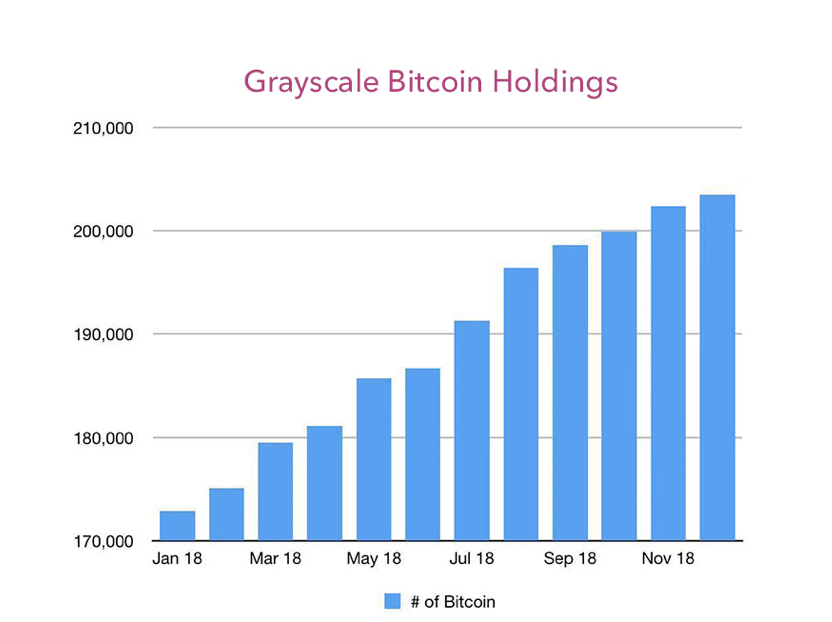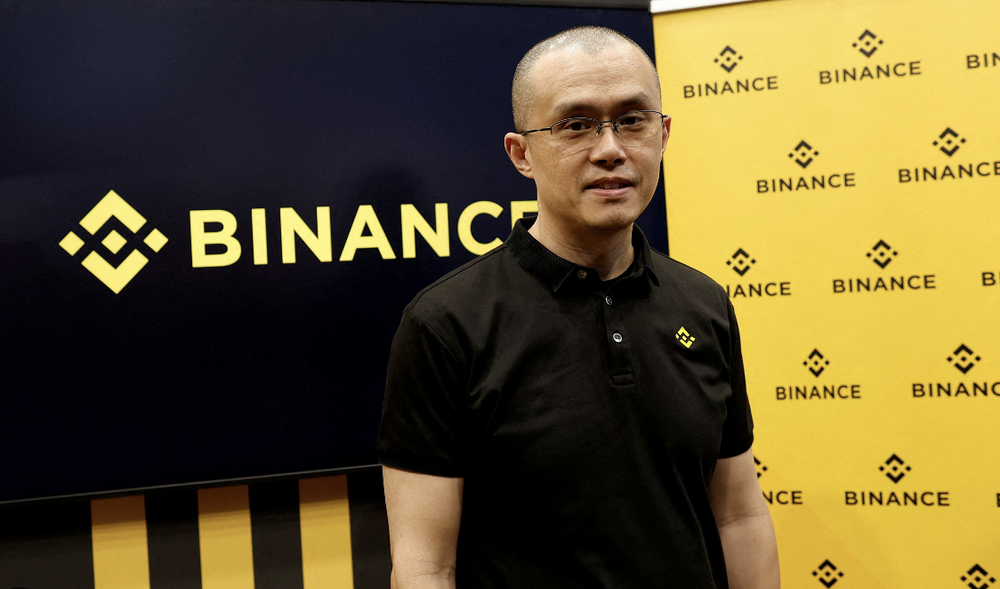Let some Fidelity advanced field cryptocurrency
Everyone knows that the various terms of the financial industry can make people feel like they are in the clouds. In fact, talking about people is a very simple matter. For example, we often watch the financial news conference to see that the central bank has carried out PSL (Supplementary Mortgage), SLF (President Lending Facilitation), Reverse Repo, SLO and the most common MLF operations, followed by a series of percentages and various exaggerations. The numbers, let everyone not know what happened, until there is a "master" to analyze a pass, everyone knows: you have to release water.
So this article tries to talk as much as possible, and try to ensure that there is no financial industry terminology inside.
The day before yesterday, there was a news coming out. With the bitcoin's round touching the $6,000 rise, people thought it was not a simple benefit. The news is from Bloomberg News: Fidelity will launch institutional investors in recent weeks. Bitcoin trading services.

- Bitcoin trading volume is close to the peak of December 2017, transaction fees soared by 250%
- Iron Man Elon Musk 膺 膺 “ “ 最 最 最 最 最 最 最 最
- The coin was stolen for the first time, and the 7000BTC was missing.
Is it a good thing, what kind of advantage is it? Many people don't understand much.
In fact, this matter is also simple. Bitcoin currently has very few people to invest. This is obvious, otherwise the market value will not be so low. So why do rich people not invest? The wealthy people here are referring to the large-scale investment institutions represented by the fund. Because most of the rich people's money is not invested by themselves, but is entrusted to investment institutions for investment. In fact, professional investment institutions are actually more important for the return of funds. So when the organization takes the client's large sum of money and lets them invest in the cryptocurrency, it is impossible to do, because this "chaotic" market can't guarantee that their money can be safe and secure inside.
They like to invest in their comfortable way.
So what is the way they are comfortable? In fact, they are the way they are used to put the responsibility of safety on a professional asset management platform (such as Fidelity), plus a few layers of insurance, so that they can invest as much as they want, without worrying about too many security issues. And the most important point of this is that everyone can see that the game venue they choose must be the venue they are familiar with.
Is this the place for the currency security? Do not play. This is the place for JPMorgan Chase? Then you can play.
So why are you interested in the entry of traditional financial institutions into the cryptocurrency market? The reason is here. Although the cryptocurrency is to subvert the financial system, it is only necessary to help the large institutions as the "investment target". Otherwise, if the most basic security of the investment is not guaranteed, the large-scale funds are very Difficult to come in. Of course, the mainstream investment institutions do not come in, but also give the "primary currency circle" capital and institutions a lot of opportunities. For example, the digital currency investment company Grayscale, which is part of the Digital Money Group (DCG), has accumulated a large amount of bitcoin for its Bitcoin Investment Trust (GBTC):

With the round of the bull market, the cryptocurrency is getting bigger and bigger, and the amount of funds that can be absorbed (needed to be absorbed) is naturally rising. In the early days, individual investors had a great chance, but later on, individual investors had little chance.
In fact, this is similar to the capital development process of the domestic Internet. If you still remember, domestic Internet ventures were "angel investors" in the early days, and they made a big investment. Later, (although now), they are basically all venture capital institutions and various capitals. Once upon a time, angel investment giants have set up their own capital.
Whether it is the Internet or the blockchain, early individuals and small institutions have opportunities, but after the big institutions enter the market, there is basically no chance. The currency circle is actually quite obvious. The IC0 at the beginning is the one who has voted, who is the platform, and in the later projects, you basically can't see any individual investors. They are all XX capital, the body of individual investors. Quantity and resources are hard to match with formal investment institutions.
As far as William seems, the chaos period of the currency circle has passed. In the next round of market, everyone will see many familiar and well-known investment institutions in the list of investors in the new blockchain project. In the bitcoin and its derivatives markets, you will also see many professional institutions such as Fidelity providing cryptocurrency-related investment services to high-net-worth customers.
So why do we think this is a big benefit when we see the "Fudas" coming into play? The reason is above. They represent a lot of investors behind them. They are waiting to see the cryptocurrency market. They are anxious about their FOMO, but they are afraid to rush into the market, because the result of rushing into the market seems to be not very good. So they hope that the big players they have always trusted can bring them into the game and give them some guarantees so that they can guarantee the safety of the funds while they can get a share.
I believe that this is not a linear growth. When some big players come in and discover that this market is really a good market, other players of the same level will also flock.
Let some Fidelity advance to eat crabs, and the world of cryptocurrency is still welcome to invest, and to make money.
Author: William Chen
We will continue to update Blocking; if you have any questions or suggestions, please contact us!
Was this article helpful?
93 out of 132 found this helpful
Related articles
- Blockchain Deducing the Value of Financial Innovation
- Mysterious people donate 50 BTC to Grin, or early Bitcoin participants
- Unwilling to lag behind, Microsoft released the Ethereum Application Development Kit
- IMF's latest annual report: cryptocurrencies will not pose a threat to financial stability
- Major banks in South Korea have begun to introduce blockchain technology
- STO real estate industry new trends
- Behind the chain of "dumb fire": a blockchain developer struggles with funds, users, and technology






